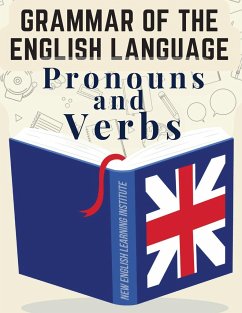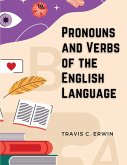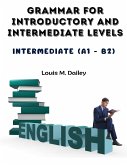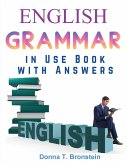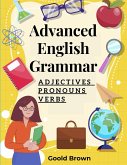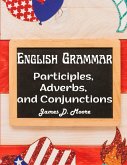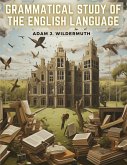A Pronoun is a word used in stead of a noun: as, The boy loves his book; he has long lessons, and he learns them well. The pronouns in our language are twenty-four; and their variations are thirty-two: so that the number of words of this class, is fifty-six. A Verb is a word that signifies to be, to act, or to be acted upon: as, I am, I rule, I am ruled; I love, thou lovest, he loves. VERBS are so called, from the Latin Verbum, a Word; because the verb is that word which most essentially contains what is said in any clause or sentence. An English verb has four CHIEF TERMS, or PRINCIPAL PARTS, ever needful to be ascertained in the first place; namely, the Present, the Preterit, the Imperfect Participle, and the Perfect Participle. The Present is that form of the verb, which is the root of all the rest; the verb itself; or that simple term which we should look for in a dictionary: as, be, act, rule, love, defend, terminate.
Hinweis: Dieser Artikel kann nur an eine deutsche Lieferadresse ausgeliefert werden.
Hinweis: Dieser Artikel kann nur an eine deutsche Lieferadresse ausgeliefert werden.

